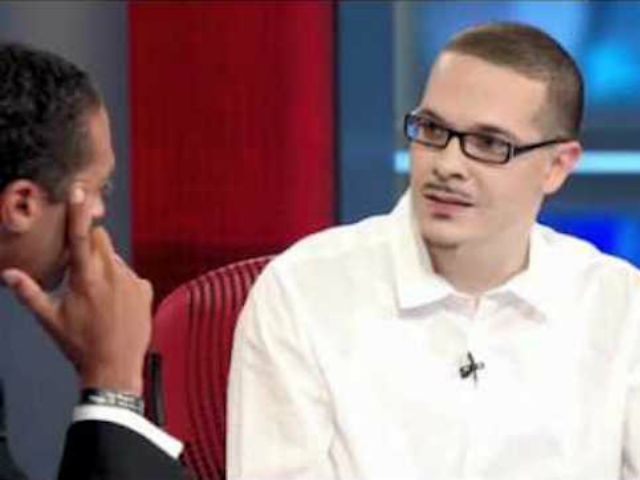Shaun King’s confession about not knowing, or not wanting to know, the true identity of his biological father raised more questions than it answered.
I’ve watched and waited. I wondered why and how a man who had become a public figure could allow something so personal as his race and who his father is to be questioned and doubted in the first place.
Why did it take, as King says, “until this past week” for it to occur to him that he “never asked anyone that question either”?
After all, Shaun King is not an ordinary guy. He is a leading voice in a Black Lives Matter movement that was formed to raise awareness about and bring change to a society that supposedly buries black people in perpetual oppression.
Until a few days ago, I actually thought that Shaun King was proof that the civil rights movement was a success. I asked myself, “How else could this guy be born white and grow up to become a prominent leader of America’s most vocal black grievance group?”
But if there was confusion about Shaun King’s race, it’s because he allowed it.
There is an arrogance about Shaun King that was cultivated at every stage of his life. This eventually led to a practiced apathy that King used to convince himself that he didn’t need to know his story in the fullest detail possible. And because his life had always been sort of a nonstop social experiment with race and identity, by the time he’d become a man with a movement, just being asked questions about his past were, in his mind, beyond the pale.
The story of Shaun King is a tragic one, indeed. He never had any other choice but to see himself as a victim. Taking his words and accounts at face value, King’s life has been riddled with tragedy. Read his response to the questions about his race. I’ve read it, more than I’m willing to admit. It’s a sad psalm of scapegoated grief.
But the truth is, it was convenient for King to identify as black. I don’t know why, but there is something especially alluring about seeing oneself as a victim.
At the end the day, Shaun King is a new version of something old and outdated.
He says that his “focus will continue to be ending police brutality” because he believes “it is the pre-eminent civil rights issue of modern America.”
Police brutality is a problem, sure. But the “pre-eminent civil rights issue of modern America” it is not.
But much like Shaun King’s path in life, placing blame for Black America’s morass at the feet of the police is convenient.
For King and his clique, lionizing criminals like Freddie Grey and Michael Brown is easier than facing facts that 99.99 percent of the time, a black body is heading to the morgue because a black killer sent it there.
Blaming police is more convenient than talking about the profound impoverishment in black neighborhoods where the same self-defeating behavior of lawlessness, dropping out of school, and drug abuse have consigned so many to a shrunken scope of existence.
It’s easier to accuse police of targeting unarmed black men than is to protest Planned Parenthood, which we know is actually targeting black neighborhoods.
There are still serious questions that linger about Shaun King’s past and his fundraising. Perhaps another confession is just around the corner.

COMMENTS
Please let us know if you're having issues with commenting.